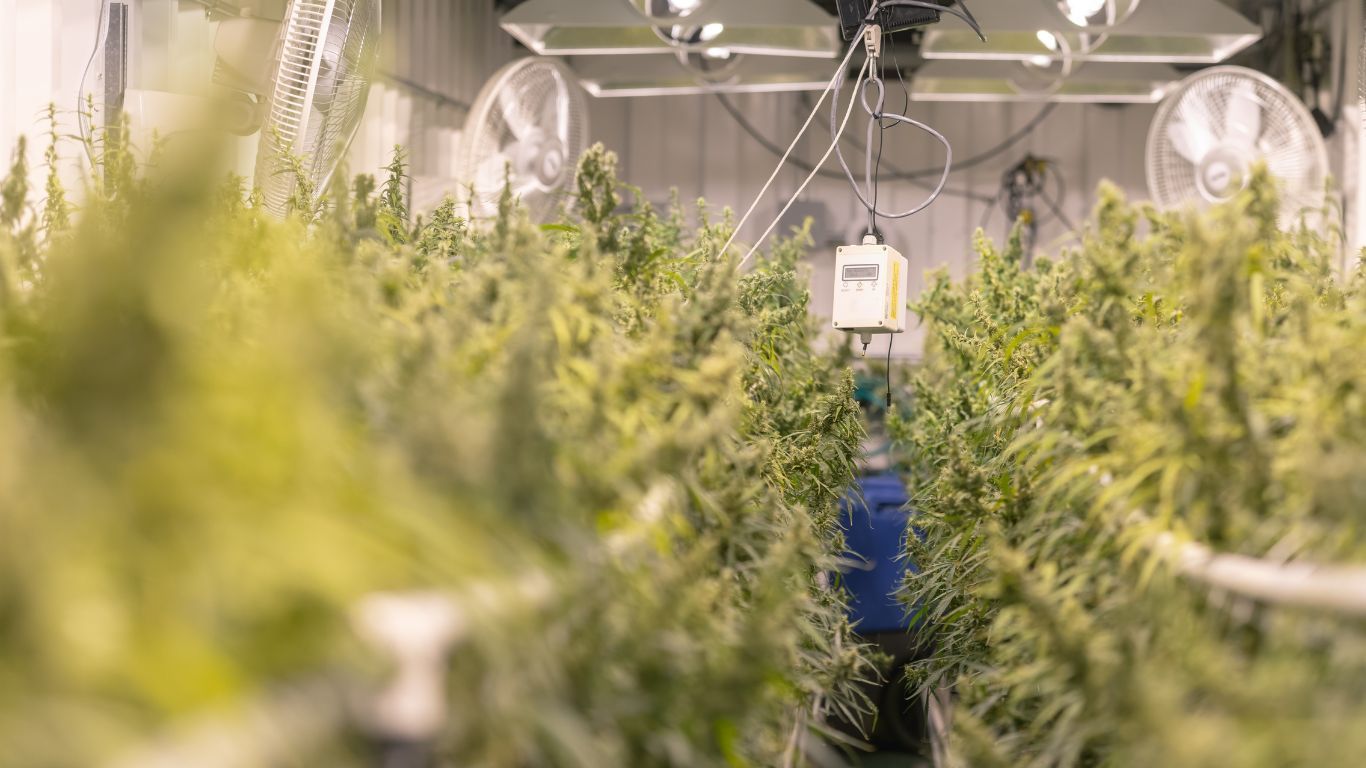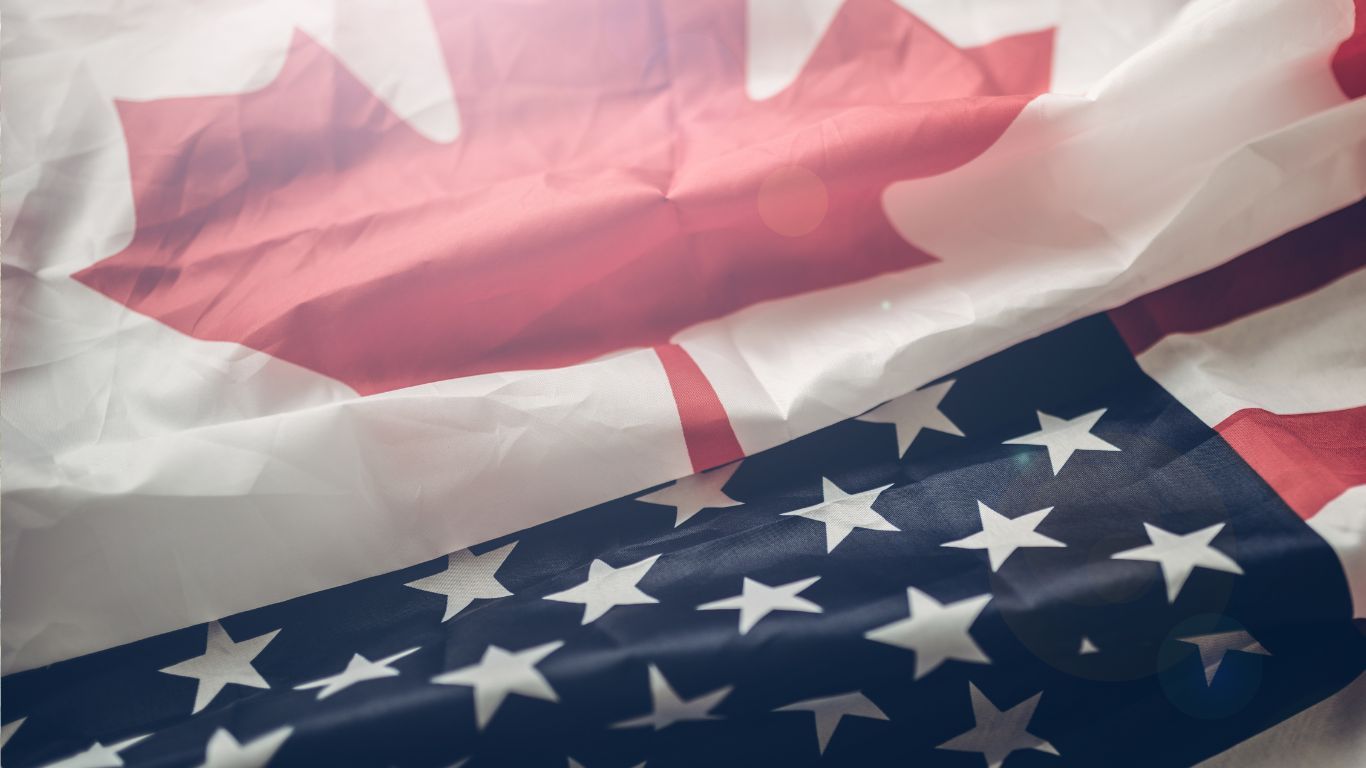
On August 6, U.S. Customs and Border Protection (CBP) officers at the Port of Buffalo seized another 240 kg (530 lbs.) of cannabis in commercial shipments disguised as Numerical Control Machines.
This is only the latest in a series of large seizures at the US/Canada border since it was closed earlier this year due to concerns with COVID-19. US authorities have seized thousands of kilograms disguised as commercial shipments of many different minds, from pete moss to coffee makers.
On August 6, CBP officers assigned to the Peace Bridge connecting New York and Ontario, just south of Niagara Falls, say they examined two separate commercial shipments that were manifested as Numerical Control Machines. A drug sniffing dog alerted to both shipments and a secondary physical examination led to the discovery of metal cabinets that had been screwed shut. Further inspection of the cabinets was then conducted, with officers locating several vacuum-sealed packages of cannabis.
The total weight of the cannabis was determined to be just over 240 kg. which US authorities estimate is worth more than $2 million dollars, or about $8 a gram.
US authorities say that from October 1, 2019 through August 6, 2020, ports within the Buffalo Field Office, which covers 16 ports of entry throughout New York State, have made over 1,500 narcotic seizures totalling more than 24,000 pounds.
In June, the same agency said they had intercepted the largest cannabis bust at the US Canada border ever, worth $20 million.
“The resurgence of large-scale illicit marijuana seizures is alarming and brazen given the public health crisis,” said Kevin Kelly, the HSI special agent in charge in June.
Canadian authorities also announced more than $10 million worth of cannabis seized from two Ontario warehouses in June, destined for the US.
The first, on May 22 in Brampton, BSO workers noticed anomalies in a load of gardening mulch to be sent to the US. Employees spent nine hours looking through the 5,400 kilogram shipment of mulch, locating over 685 kilograms of suspected cannabis.
The second seizure, on May 28, was another 800 kilograms of suspected cannabis that was hidden in plastic kitchen containers at a Mississauga warehouse. The product was detected by a drug-sniffing dog. The products were also ready to be shipped to the US.
“Large-scale marijuana trafficking is not an isolated crime,” said Kevin Kelly, HSI Buffalo Special Agent-in-Charge in today’s announcement from the US. “Smugglers are often connected to larger criminal syndicates who profit from a wide variety of crimes, and we must continue to dismantle all forms of their illicit activity.”
In April, a nurse from Ontario was stopped at the US border with 150 pounds of marijuana while on her way to a Detroit hospital to help them manage the COVID-19 pandemic. And earlier that month, US border officials found and seized 31 kg of cannabis from a truck at the Queenston-Lewiston Bridge at an Ontario/New York border crossing.
In May of this year, US Homeland Security and U.S. Border Patrol agents from the Port Angeles Station seized a 23-foot Bayliner and 497 pounds of marijuana that entered US waters from Canada.
On June 5, a man was found unconscious in the Detroit River tied to a “bushel” of over 200kg of cannabis, near Celeron Island, a small island on the US side of the river. According to US officials, he was unconscious and had a tow strap attached to his body, with the other end of the strap tied to a bushel of marijuana. The man had told officials he had been using a submersible device to ferry cannabis, cocaine and cash between the US and Canada.
Last year, US officials said they had seen a significant spike in seizures of cannabis coming from Canada since legalization on October 19, 2018, including one incident of a low-flying helicopter near the border tipping authorities off to 50kg of cannabis in hockey bags hidden in the woods.











